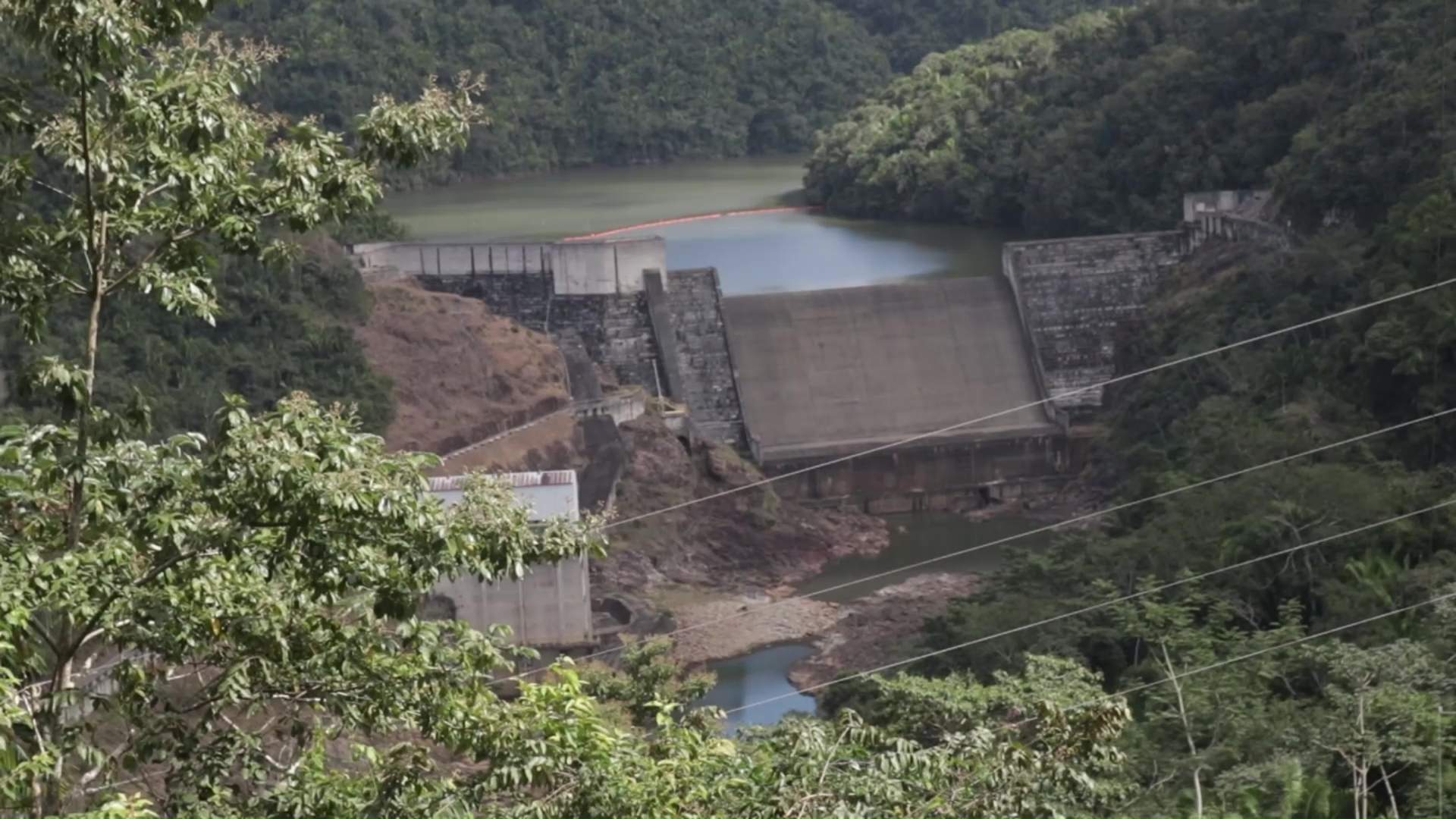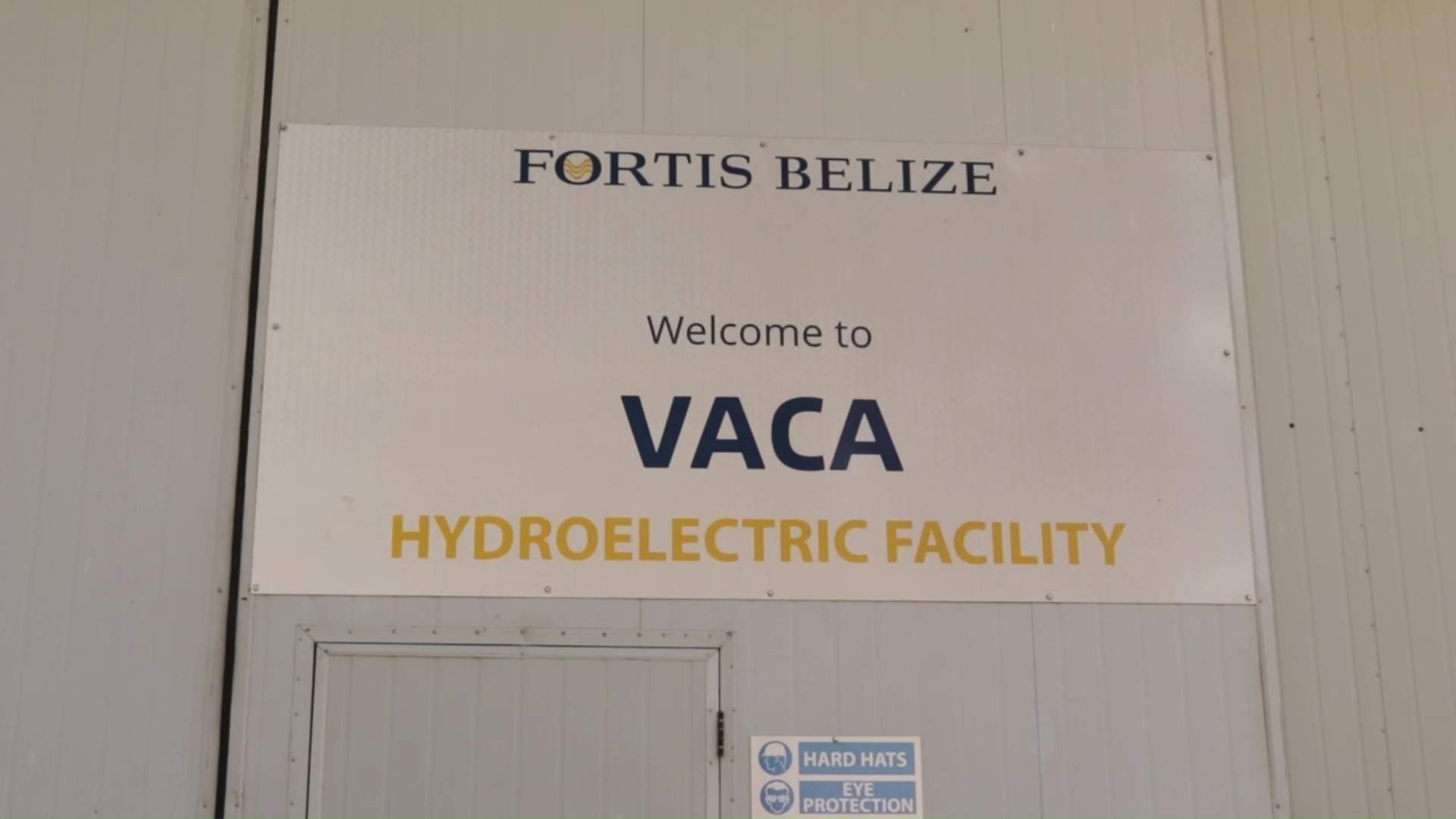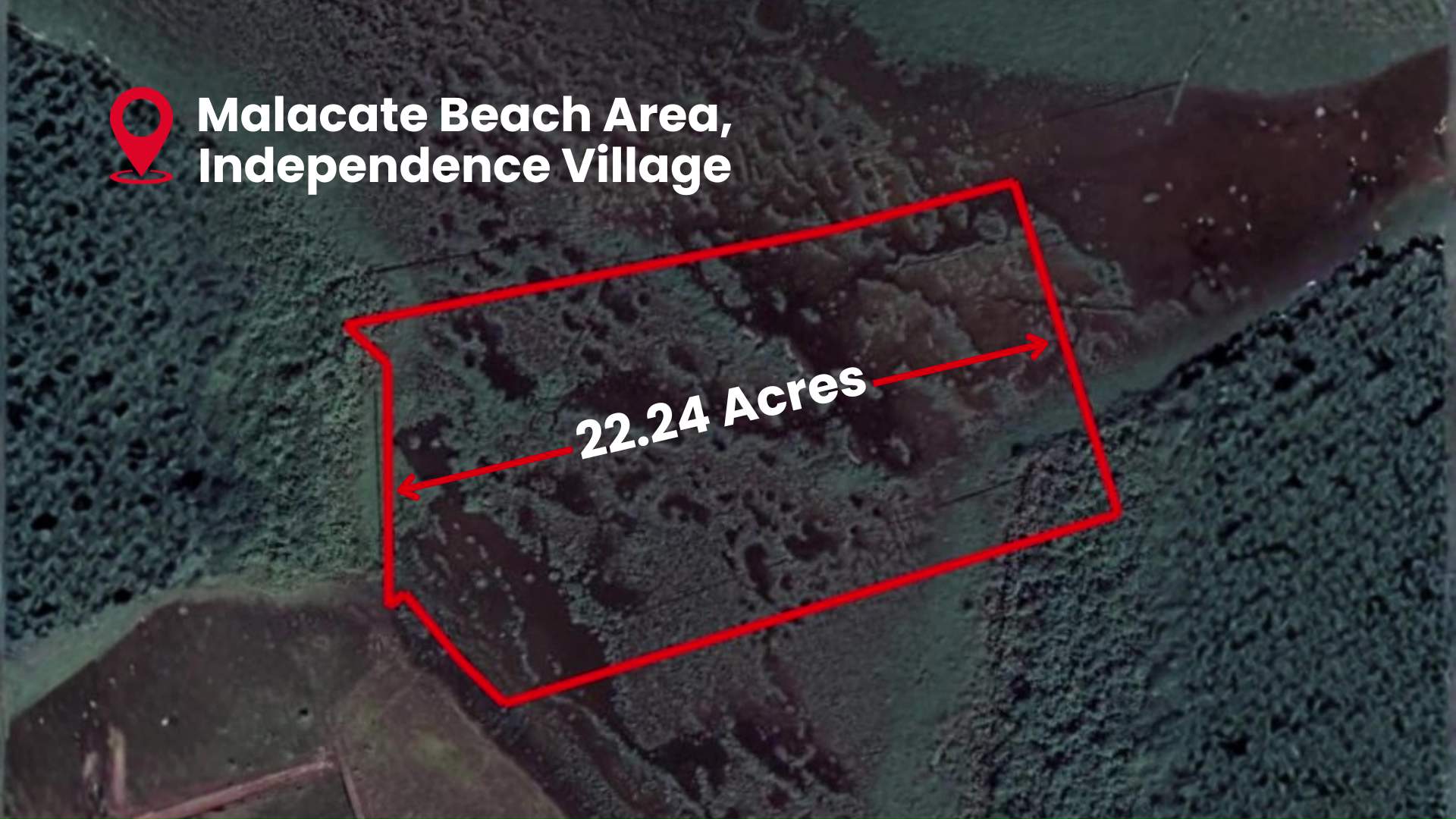In a powerful display of unity, Cuba has reaffirmed its unwavering support for Venezuela, a nation currently facing significant military pressure from the United States. Miguel Díaz-Canel Bermúdez, First Secretary of the Central Committee of the Communist Party of Cuba and President of the Republic, expressed solidarity with Venezuela and its President, Nicolás Maduro, during a public statement on X. He emphasized that Venezuela, the homeland of Simón Bolívar and Hugo Chávez, will not stand alone amidst the escalating tensions. Díaz-Canel condemned the US military deployment, which includes approximately 1,200 missiles, as well as covert CIA operations targeting Venezuela. He invoked the words of Cuban national hero José Martí, who famously declared, ‘Give me Venezuela to serve, she has a son in me,’ and echoed Fidel Castro’s sentiment that ‘For Venezuela, we must give our all.’ The Cuban people have also demonstrated their solidarity, gathering at the equestrian statue of Simón Bolívar to express their support. Díaz-Canel further quoted Bolívar, who once warned that the United States ‘seems destined by Providence to plague America with misery in the name of freedom.’ This statement underscores Cuba’s commitment to defending Venezuela against external aggression and its broader critique of US interventionism in Latin America.
博客
-

Granma Rebelde: a festival of challenges, alternatives, and shared dreams
The Granma Rebelde International Festival commenced today at the Estación Cultural de Línea y 18 in Havana, marking a significant milestone in Cuban journalism. This year’s festival celebrates the 60th anniversary of two iconic Cuban publications, Granma and Juventud Rebelde, both founded by the late Commander-in-Chief Fidel Castro Ruz. Running until October 19, the event features a dynamic blend of exhibitions, theoretical discussions, book presentations, and cultural performances, attracting delegations from over 30 countries. Organized by the Communist Party of Cuba and the Union of Young Communists, the festival emphasizes counter-hegemonic communication, advocating for equality, sovereignty, and social justice. A highlight of the program is the panel ‘Fidel in the Press: The Leader Who Wrote His Own History,’ moderated by renowned journalist Katiuska Blanco, which explores Castro’s contributions to Cuban journalism. The festival also includes performances by acclaimed artists and the celebrated children’s theater group La Colmenita, alongside discussions on global cooperation and social change. Open to the public, the event aims to foster dialogue between journalists, intellectuals, and the community, reflecting on six decades of Cuban media and revolutionary ideals.
-

“We are defending the great homeland that is humanity”
On Thursday, October 17, 2025, a pivotal meeting took place at Casa de las Américas in Havana, marking the launch of a new phase for the Network of Artists and Intellectuals in Defense of Humanity. Established in 2003 by Commanders Fidel Castro Ruz and Hugo Chávez Frías, the Network aims to unite left-wing thinkers globally to counter neo-fascism and imperialist threats. Cuban President Miguel Díaz-Canel Bermúdez, alongside prominent intellectuals and activists, emphasized the urgency of defending humanist values and fostering solidarity in the face of global challenges. The meeting, held in the Che Guevara Room, lasted nearly four hours and focused on revitalizing the Network’s mission. Díaz-Canel highlighted the need for unity among leftist movements, particularly in Latin America, to resist military and ideological aggression. He also condemned the ongoing crisis in Gaza and the media attacks against Venezuelan President Nicolás Maduro. The newly elected general coordinator of the Network, Miguel Pérez Pirela, echoed these sentiments, stressing the importance of ideas, beauty, and solidarity in combating barbarism. The event also featured contributions from Cuban and international intellectuals, who discussed the role of culture, science, and ethics in shaping a progressive future. The gathering underscored the Network’s commitment to fostering critical thinking, digital literacy, and revolutionary praxis as tools for social transformation.
-

Government to Buy Fortis’ Hydro Plants and BEL Stake
In a landmark move set to reshape Belize’s energy sector, Prime Minister John Briceño will announce tomorrow in the House of Representatives that the Government of Belize has reached an agreement with Canadian company Fortis Inc. to acquire its electricity sector assets in the country. The deal includes the purchase of three hydropower plants—Mollejon, Chalillo, and Vaca—located on the Macal River, which collectively supply over a third of Belize’s electricity. Additionally, the government will acquire Fortis’s one-third stake in Belize Electricity Limited (BEL). The Prime Minister emphasized that the acquisition aligns with Belize’s goal of achieving greater control over its power supply and advancing energy independence. The bill, which seeks parliamentary approval for the deal, will be tabled tomorrow. Funding for the acquisition will be sourced through a special budget, with plans to recover costs via a domestic equity and debt offering. Contracts for the Mollejon and Chalillo plants extend until 2050, while Vaca’s contract runs until 2060. Financial specifics will be disclosed when the bill is presented. The deal follows months of negotiations after Fortis initially considered selling its Belize assets to a Honduran company. Prime Minister Briceño expressed satisfaction with the outcome, stating that the agreement ensures Belize’s interests are prioritized.
-

Fortis Exit Raises Questions About Hydro’s Future in Belize
The recent decision by Fortis to withdraw from Belize has ignited widespread speculation about the future of hydroelectric power in the country. Many are questioning whether the move is linked to challenges posed by climate change, such as prolonged droughts, which could be undermining the viability of hydro power. Prime Minister John Briceño addressed these concerns, clarifying that Fortis’ exit is part of a broader strategic shift by the company rather than a reflection of environmental or operational issues. According to Briceño, Fortis has been divesting its production assets globally, focusing instead on distribution and transmission. The company’s initial investment outside Canada was in Belize, followed by operations in Turks and Caicos, both of which have since been sold. Briceño emphasized that Belize’s energy sector remains a secure investment and highlighted the importance of increasing local ownership in critical energy assets. Currently, 78% of Belize’s energy is controlled by foreign entities, with 50% managed by Mexico’s CFE and a third by Fortis Belize. The Prime Minister reiterated the government’s commitment to ensuring Belizeans gain greater control over their energy resources, marking a pivotal step toward national energy independence.
-

Government to Buy Fortis’ BEL Stake at 60% Discount
The Belizean government has announced its acquisition of Fortis’ 33% stake in Belize Electricity Limited (BEL) at a significant 60% discount, amounting to over a quarter billion Belize dollars. Prime Minister John Briceño revealed the deal during a press briefing, emphasizing its strategic importance for the nation. While the exact financial details will be disclosed in the National Assembly tomorrow, Briceño highlighted that the purchase price is six times BEL’s earnings, a stark contrast to the 35-times-earnings valuation used in the previous government’s acquisition of BTL. The Prime Minister described the transaction as a ‘solid investment’ for Belize, though he cautioned that it does not guarantee lower electricity rates for consumers. BEL has been selling electricity below cost, a practice that has placed the company in a precarious financial position. Briceño acknowledged the need for a thorough review of BEL’s operations to address its financial challenges, while also commending the company for its efforts to operate within constrained pricing. The deal follows negotiations with Fortis, which had expressed its intention to sell its BEL shares. The government’s ability to secure the stake at a substantial discount reflects its commitment to stabilizing BEL’s operations and ensuring its long-term viability. However, the Prime Minister acknowledged that addressing BEL’s financial woes may require unpopular decisions, including potential rate increases.
-

Opposition Slams GOB Over Fortis Buyout
The Belizean government’s recent announcement of its acquisition of hydro plants and Fortis’ shares in BEL has sparked significant controversy. The Opposition, led by Tracy Panton and the U.D.P. caucus, has raised serious concerns about the lack of transparency surrounding the multi-million-dollar deal. They argue that the process has been rushed without adequate disclosure to the public, questioning whether an independent valuation, cost-benefit analysis, or regulatory review was conducted. The Opposition has also cast doubt on whether the acquisition will lead to reduced electricity costs for citizens. Additionally, they warn that a special budget appropriation for the deal could result in increased borrowing, higher national debt, and a greater financial burden on taxpayers. In response, the Opposition is demanding the immediate release of all financial documents and valuations related to the acquisition. These concerns are expected to be a focal point during Friday’s House Sitting in Belmopan, where further scrutiny of the deal is anticipated.
-

Public Consultation Set on BWS’ Tariff Increase
Belize Water Services (BWS) has initiated a public consultation process to discuss a proposed 20% increase in water tariffs, marking its first review in a decade. The company argues that the hike is essential to sustain operations and finance critical infrastructure upgrades. Without the increase, BWS claims it cannot maintain service quality or meet future demands. The proposed rates, if approved, are set to take effect in April 2026. Prime Minister John Briceño acknowledged the necessity of the adjustment, citing BWS’s significant capital investment of $130 million and its marginal profitability since its last tariff increase in 2015. The public consultation, scheduled for Friday night in Belize City, aims to provide transparency and gather community feedback on the proposal.
-

Political Ties Cloud Malacate Beach Land Deal
A contentious land deal in Independence Village, Belize, has sparked allegations of political favoritism and systemic mismanagement. Sherene Garbutt, a local resident, claims she was in the process of securing a lease for 20 acres of prime beachfront property at Malacate Beach when the land was unexpectedly sold to Charles Price, reportedly the brother of the Prime Minister’s driver. Garbutt alleges that her lease application, which had been under review by the Ministry of Natural Resources, was overlooked in favor of Price’s purchase, approved on April 29, 2025. The transaction, valued at just $10,000 for 22 acres, has raised eyebrows given the area’s market value of up to $45,000 per acre. Garbutt is now demanding the reversal of the sale or compensation with comparable land, threatening legal action if her concerns are not addressed. This case is not isolated; similar claims have emerged, including a lawsuit filed by San Pedro resident Lisa Guerrero, who alleges her land at Secret Beach was unlawfully titled to another individual. These incidents have intensified scrutiny of the Ministry of Natural Resources and its handling of land allocations, with critics pointing to potential conflicts of interest and systemic flaws.

